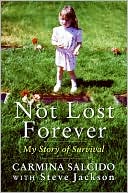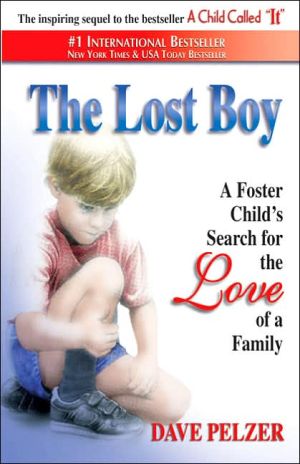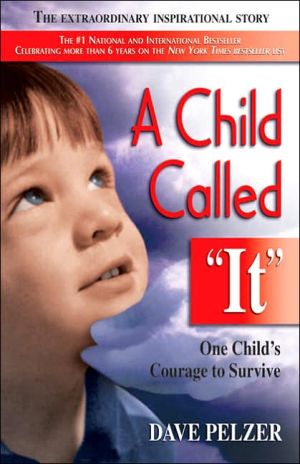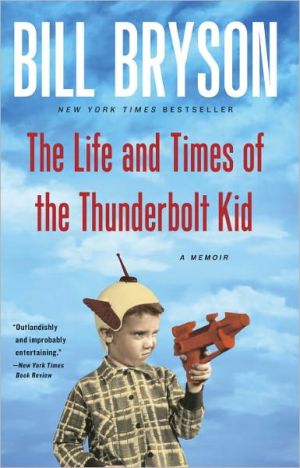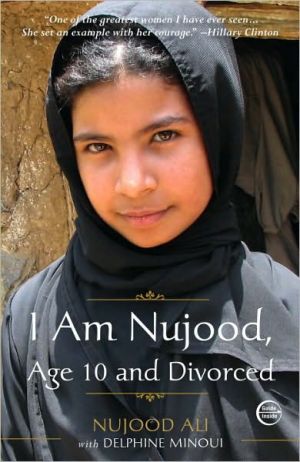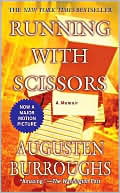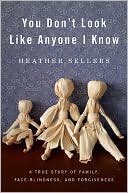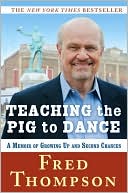Not Lost Forever: My Story of Survival
Search in google:
Twenty years ago, one man's murderous rampage destroyed his own family . . . and devastated a community. Now the only survivor—his daughter—tells her story at last. On April 14, 1989, for reasons still debated today, Mexican immigrant RamÓn Salcido went on a violent rampage in the idyllic Sonoma Valley wine country where he lived and worked. In the course of just two hours, he killed his wife, Angela, her two younger sisters, his mother-in-law, and the man with whom he suspected Angela was having an affair. He then slashed the throats of his three young daughters—four-year-old Sophia, three-year-old Carmina, and twenty-two-month-old Teresa—leaving them for dead in the county dump. A little more than a day later, the bodies of his daughters were discovered. Miraculously, tiny Carmina was still alive and able to tell her rescuers, "My daddy cut me." In Not Lost Forever, Carmina Salcido explores the events surrounding these headline-making murders with extraordinary clarity and composure. Reaching back to understand the events that traumatized her in childhood—and weaving them together with the recollections of detectives and witnesses—she reconstructs the story of her father's crimes, and their aftermath, in sobering detail. Yet Carmina's story doesn't end there. Those who remember her as the tiny victim of these murders will also be shocked by what followed: how she was adopted by a Catholic extremist family who tried to change her name and bury her past; how she tried to escape their sheltering influence by joining a Carmelite convent and then a ranch for troubled girls; and how the psychological trials she endured along the way nearly broke her spirit—until, at last, she found peace by turning to the one relative still alive to share her grief: her grandfather. As a young woman, Carmina returned to California to share her experiences and discover the family that was brutally taken from her. The devout Catholic also returned to look into her father's eyes on death row and confront the man who took away her entire family. With clear-eyed candor, courage, and grace, this brave young woman takes readers along on her miraculous journey of survival, discovery, and hope. Kirkus Reviews A bloody story of murder and survival, combined with the author's account of her life afterward, assisted by true-crime vet Jackson (Love Me to Death, 2002, etc.). Salcido was not quite three years old in 1989 when her father slit her throat and left her to die in a dump in California's Sonoma Valley. That same night, he also killed her two sisters, her mother, her grandmother and the man he suspected of being his wife's lover. Some parts of the book-the prologue, epilogue and certain sections of chapter-are clearly identified as Jackson's work. Others, presented as being narrated by Salcido, are based not on personal recollections but on newspaper articles, court documents and interviews with detectives and witnesses. The final chapters chronicle Salcido's life after the murders. Her grandfather-a member of a politically, religiously and culturally reactionary Catholic organization, the American Society for the Defense of Tradition, Family and Property-felt unable to care for Salcido and arranged for her adoption by a Midwestern family that belonged to the arch-conservative group. Isolated, lonely and poorly home-schooled, Salcido got away at age 17 by joining a Carmelite order. When bouts of depression made life in the convent impossible, she was asked to leave. Her next refuge was a center for troubled girls called God's Cowgirl Ranch. Alarmed by the harshness of discipline there, she turned for help to her grandfather, who took her in, as did two uncles later on. Once she was living a more normal life, the details of which she skims over, Salcido began researching the story of the murders and got in touch with people familiar with the case. As part of her efforts to come to terms withher past, she contacted her father on death row in San Quentin; her attempts to understand him are genuinely moving. Succeeds as a vivid reconstruction of a gruesome crime and the capture and trial of the murderer, but the appended memoir is sketchy.
